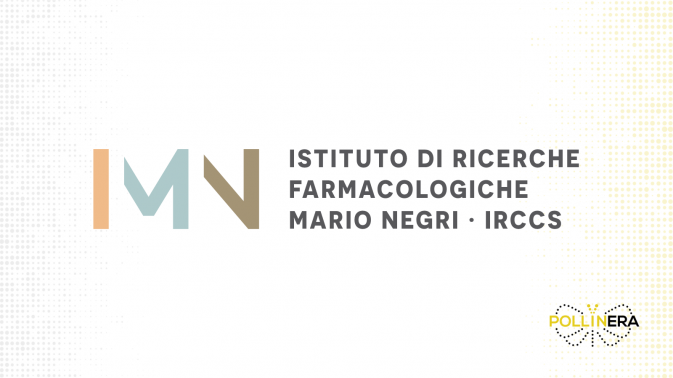Mario Negri Institute features PollinERA in a recent blog post on bees and pollinating insects

Project partner Mario Negri Institute for Pharmacological Research (IRFMN) featured the PollinERA project in a recent blog post exploring the topic of bees and pollinating insects and their role in ecosystem health.
The blog post, co-written by partners Emilio Benfenati and Anna Lombardo, goes through:
-
The role of pollinating insects in the ecosystem;
-
How many species of pollinating insects are there;
-
Why pollinating insects are at risk of extinction;
-
The impact of pesticides and environmental contamination on the bees and pollinating insects;
-
Can we live in a world without pollinating insects;
-
The daily actions we can take to protect pollinating insects.
By highlighting the negative effects of pesticides on pollinators and the limited knowledge of their impact on pollinator species other than the honeybee (Apis mellifera), the blog post introduces the PollinERA project as a potential solution to this challenge. The authors present the main objective of developing an environmental risk assessment system for pesticides that considers the interactions between pesticides, their effects, the environmental context, and the ecological and behavioural aspects of pollinating insects. IRFMN will develop models that will be included in the environmental risk assessment system to predict the toxic effects of these substances, individually and in mixtures.
Read the blog post here (in Italian).
About Mario Negri Institute for Pharmacological Research
Founded in 1963 as a non-profit organisation, IRFMN operates in the field of biomedical research. From patients to experimental models – at the cellular and molecular level – and back to patients, the Institute conducts research to improve people's health and well-being. Researchers investigate the functional mechanisms of living organisms, the underlying causes of diseases, and the processes that take place in organisms in the presence of foreign substances. IRFMN has extensive experience in toxicity and environmental modelling, participating in and coordinating several national and international projects. It developed the VEGAHUB platform and is in charge of maintaining the EFSA database OpenFoodTox and developing in silico models to populate it.
Visit IRFMN website here.